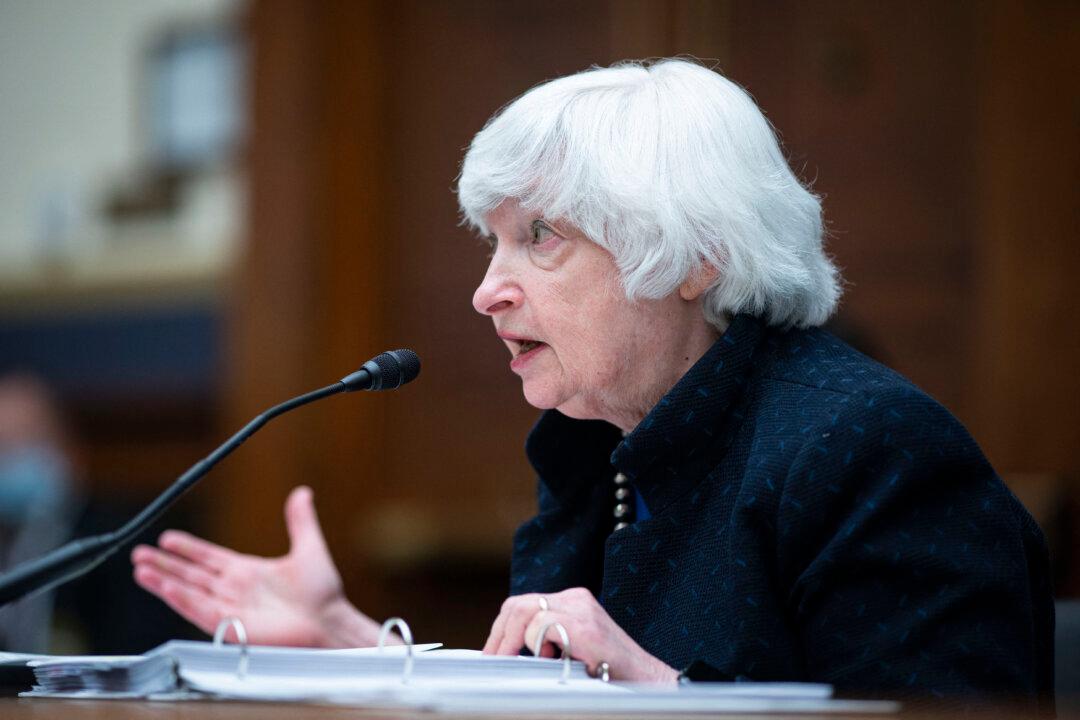U.S. Treasury Secretary Janet Yellen spoke with China’s top trade negotiator Liu He via video call on Oct. 25, during which the two sides raised their respective concerns.
Yellen “frankly raised issues of concern,” the U.S. Treasury announced in a short statement without elaborating on what the issues were. The statement did add that the two discussed “macroeconomic and financial developments” in both nations.





